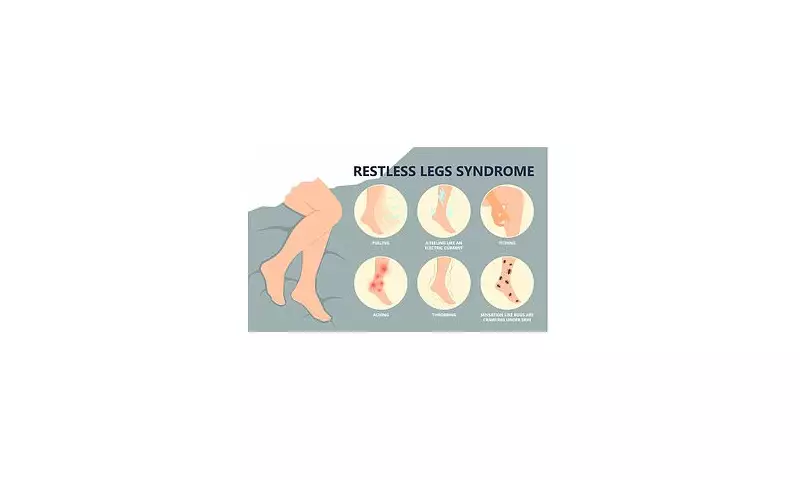
Adults suffering from restless leg syndrome may be facing a significantly increased risk of developing Parkinson's disease later in life, according to groundbreaking new research that has sent shockwaves through the medical community.
The Startling Connection
A comprehensive study has revealed that individuals diagnosed with restless leg syndrome (RLS) are nearly three times more likely to develop Parkinson's disease compared to those without the condition. This troubling link suggests that what many dismiss as mere nighttime discomfort could actually be an early warning sign of more serious neurological issues.
What the Research Reveals
The study, conducted by analysing extensive medical data, found that the risk was particularly pronounced in older adults and those with more severe RLS symptoms. Researchers followed participants over several years, tracking the development of Parkinson's disease and other movement disorders.
Key findings include:
- RLS sufferers showed 2.72 times higher risk of Parkinson's
- Risk increased with age and symptom severity
- Early intervention may help mitigate future complications
Why This Matters for Public Health
With millions of Britons affected by restless leg syndrome, these findings have significant implications for healthcare providers and patients alike. Understanding this connection could lead to earlier detection of Parkinson's disease, potentially allowing for interventions that might slow disease progression.
Expert Insights
Neurology specialists emphasise that while not everyone with RLS will develop Parkinson's, the statistical link is strong enough to warrant increased vigilance. "This doesn't mean panic," one leading neurologist commented, "but it does mean we should be more proactive in monitoring patients with persistent RLS symptoms."
What Patients Should Know
If you experience restless leg syndrome, particularly if symptoms are severe or worsening, medical professionals recommend discussing these findings with your GP. Early detection and monitoring could be crucial in managing potential future risks.
The research team continues to investigate the underlying mechanisms connecting these conditions, hoping to develop better screening tools and preventive strategies for at-risk individuals.





